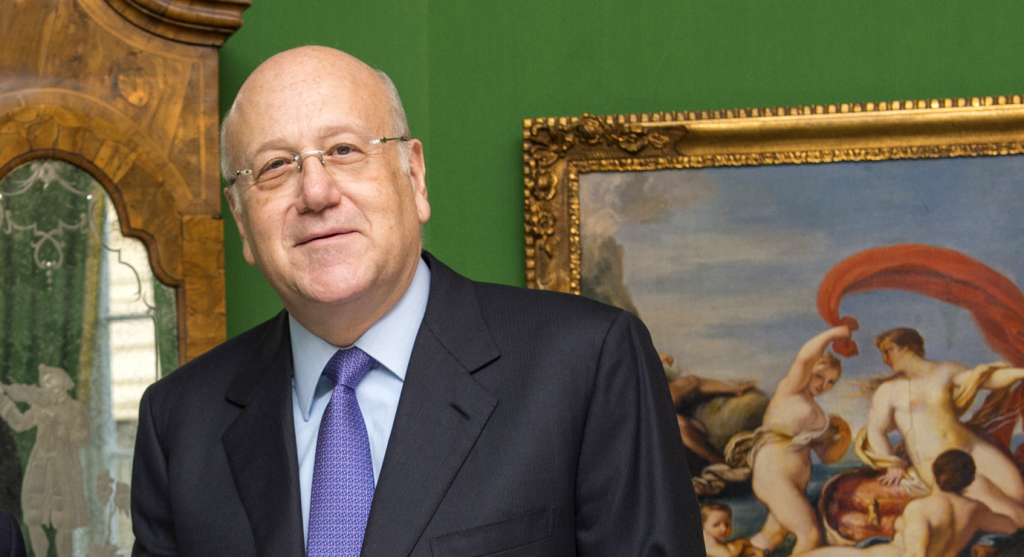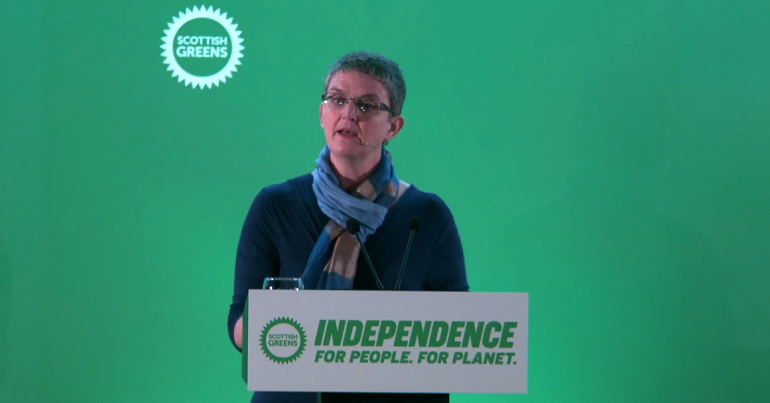Authorities in Lebanon are ‘systematically attacking’ LGBTIQA+ people’s human rights

Lebanese authorities are systematically attacking the fundamental human rights of LGBTIQA+ people, civil society groups in Lebanon have claimed. The Coalition to Defend Freedom of Expression in Lebanon – comprised of 15 Lebanese and international organisations – have suggested that law makers in the country are seeking to further restrict LGBTIQA+ rights.
In August 2023, two Lebanese officials introduced separate bills that would explicitly criminalise same-sex relations between consenting adults and punish anyone who ‘promotes homosexuality’ with up to three years’ in prison.
These attacks are taking place during a crippling economic crisis that has had disastrous consequences for human rights and pushed over 80 percent of the population into poverty, which has particularly impacted marginalised groups.
“As Lebanon sinks deeper into crisis, the authorities are cracking down on the rights of LGBTI people and allowing unchecked violence against them,” said Rasha Younes, senior LGBT rights researcher at Human Rights Watch, adding: “The Lebanese authorities should immediately scrap the proposed anti-LGBTI laws and end the ongoing attacks on basic freedoms.”
Human Rights Watch is a member of the Coalition to Defend Freedom of Expression Lebanon.
Though consensual same-sex conduct is not explicitly criminalized in Lebanon, article 534 of the penal code punishes “any sexual intercourse contrary to the order of nature” with up to one year in prison, despite a series of court rulings between 2007 and 2018 that consensual same-sex relations are not illegal. In July 2023, nine members of parliament submitted a draft law to repeal article 534. The draft law’s signatories have since been subjected to an online harassment campaign from political and religious authorities, resulting in one parliament member withdrawing his signature.
In June 2022, Lebanon’s caretaker interior minister, Bassam al-Mawlawi, issued an unlawful directive instructing security forces to ban pro-LGBTIQA+ events. Despite a court order in November 2022 suspending the directive, al-Mawlawi issued a second directive banning any “conference, activity, or demonstration related to or addressing homosexuality.”
Since 2017, Lebanese security forces have regularly interfered with human rights events related to gender and sexuality, including by issuing entry bans against non-Lebanese attendees, which were annulled in 2021 according to judicial decisions.
The series of attacks on fundamental freedoms in a country once proud to embrace diversity sparked backlash against state-sponsored repression by media organizations and civil society in Lebanon who stood in solidarity with LGBTI people.
On August 25, 18 media organizations in Lebanon issued a joint statement rejecting the recent crackdown on freedoms, including the targeting of LGBTI people, and calling for unity in the fight against it. “[The] demonization of freedoms, in their various forms, under the guise of ‘combating homosexuality,’ will inevitably impact all public freedoms,” the groups and individuals said.
Reporters sans frontières (Reporters Without Borders or RSF) also condemned the proposed anti-homosexuality laws as justification for a renewed attack on media freedom. The group documented recent cases of cyberstalking, threats, and intimidation against journalists who report on gender and sexuality issues in Lebanon.
Image credit: Marc Muller – Creative Commons




Leave a Reply